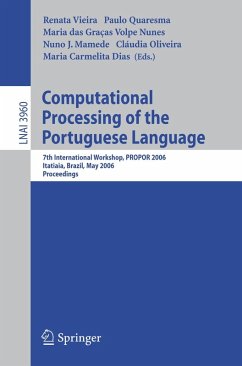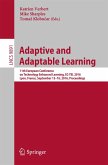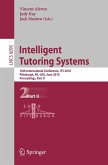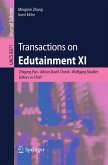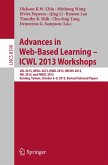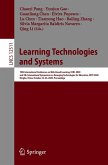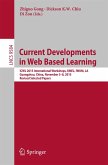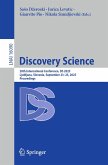Since 1993, PROPOR Workshops have become an important forum for - searchers involved in the Computational Processing of Portuguese,both written and spoken. This PROPOR Workshop follows previous workshops held in 1993 (Lisbon, Portugal), 1996 (Curitiba, Brazil), 1998 (Porto Alegre, Brazil), 1999 ¿ (Evora, Portugal), 2000 (Atibaia, Brazil) and 2003 (Faro, Portugal). The wo- shop has increasingly contributed to bringing together researchers and industry partners from both sides of the Atlantic. The constitution of an international Program Committee and the adoption of high-standard referee procedures demonstrate the steady development of the ?eld and of its scienti?c community. In 2006 PROPOR received 56 paper submissions from 11 di?erent countries: Brazil, Portugal, Spain, Norway, USA, Italy, Japan, France, Canada, Denmark and the UK, from which 9 are represented in the accepted papers. Each submitted paper underwent a careful, triple-blind review by the P- gram Committee. All those who contributed are mentioned in the following pages. The reviewing process led to the selection of 20 regular papers for oral presentation and 17 short papers for poster sections, which are published in this volume. The workshop and this book were structured around the following main t- ics, seven for full papers: (i) automatic summarization; (ii) resources; (iii) au- matic translation; (iv) named entity recognition; (v) tools and frameworks; (vi) systems and models; and another ?ve topics for short papers; (vii) information extraction; (viii) speech processing; (ix) lexicon; (x) morpho-syntactic studies; (xi) web, corpus and evaluation.
Dieser Download kann aus rechtlichen Gründen nur mit Rechnungsadresse in A, B, BG, CY, CZ, D, DK, EW, E, FIN, F, GR, HR, H, IRL, I, LT, L, LR, M, NL, PL, P, R, S, SLO, SK ausgeliefert werden.

